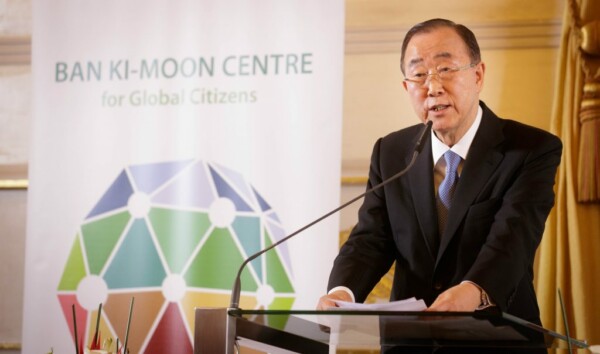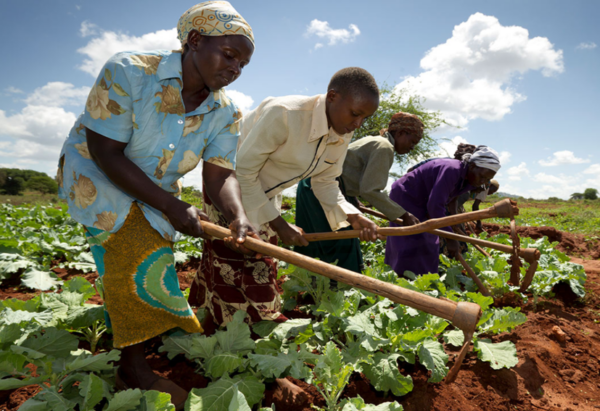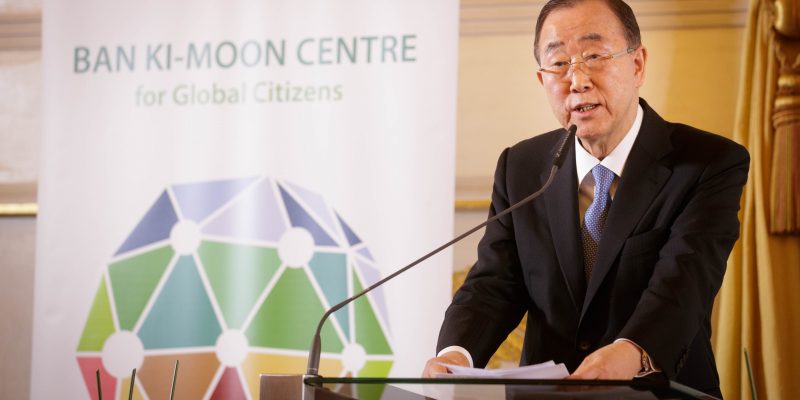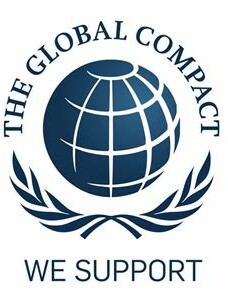As host of this year’s G7 summit, Germany can set an example. Ban Ki-moon
Author: Ban Ki-moonMay 19, 2022
The world is stuck in a tangle of alarming, severe crises that demand urgent action. The worsening climate crisis is impacting every aspect of our lives. It is further increasing the threat of violent conflicts, health issues, and food insecurity. More than ever, we need developed countries like Germany to uphold and increase their development assistance budgets and lead as an example.
In Yemen, the war has been raging for almost eight years; Syria’s crisis grinds on into its eleventh year. Over two million people have been forcibly displaced by the ongoing fighting in the Tigray region of Ethiopia due to brutal violence against civilians. While Afghanistan’s humanitarian crisis plummets to extreme levels of deprivation, Myanmar’s military factions expand the scale of conflict, increasingly involving civilians. Most recently, Russia’s unjustifiable invasion of Ukraine forced more than five million people to flee the country while almost eight million are internally displaced.
These complex emergencies are set against a backdrop of transnational, planetary challenges like the ongoing COVID-19 pandemic, which has cost the lives of more than 6 million people worldwide. All of these extremities have consequences far beyond their immediate impacts, most particularly in the realm of food production.

There is a need for investments in climate-resilient agriculture
Agriculture, in particular, is both foundational to human wellbeing and also highly vulnerable during crises. In recent months, the Russian invasion of Ukraine has shown the devastating impact conflict can have on our ability to cultivate and transport food, with looming surges in hunger anticipated worldwide. The COVID-19 pandemic has similarly sent shockwaves throughout local food systems, causing the highest levels of hunger seen in modern history. The reduction in yields, the increase in pest infestations, and unpredictable weather patterns have made the impact of climate change more evident than ever. The severity of these disruptions often stems from a lack of investment in the people who produce food and the inevitable precarity they experience on a day-to-day basis.
Two thirds of adults living in poverty work in the agricultural sector, meaning the very people who provide us with nutrition often struggle to get it themselves. Without drastic climate action, these inequities will only increase. Global demand for food is predicted to increase by 50% by 2050, while agricultural yields will likely decrease by up to 30% over the same period due to worsening environmental conditions.
Investing in climate resilient agriculture is essential to improving the lives of 500 million small-holder farmers around the world and bolster local, resilient food systems. Currently, smallholders receive only 1.7% of total climate finance. World leaders need to keep their promise to deliver $100 billion Dollars to climate finance and significantly step up their commitments towards agricultural adaptation to build the resilience of smallholder farmers. In this regard, global champions like CGIAR need to receive more funding for the acceleration of adaptation in agriculture, to ensure food security, increase resilience and protect biodiversity. The right investments in innovation, research and development will lead to food production increases, rather than decreases in the decades ahead.
Just as we cannot prioritize our obligation to meet the human rights needs of one crisis over another, underfunding critical development programs will severely hamstring our ability to prepare for and prevent the crises of tomorrow. That is why global leadership, bold action, and strategic programming are needed now more than ever.
This means identifying and resourcing the communities that exist at the intersections of extreme poverty.

Germany has a special responsibility to step up
In recent years, Germany has taken on a leading role in the global fight against hunger. The government has substantially invested in global food security and rural development and when it comes to the overall provision of official development assistance, Germany ranks second. The leadership the government has shown in recent years when it comes to global development cooperation could not come at a more crucial time. Looking at the multiple crises the world currently faces, funding for development cooperation and strengthening of multilateral institutions will be crucial to be able to respond to the medium and long-term consequences and to prevent future crises.
The German government must therefore consistently continue its commitment to strong development cooperation. Especially in a year in which Germany holds the G7 Presidency, the government’s actions and decisions will have wide repercussions at the international level. With a clear commitment to strengthening development cooperation, the German government can send a strong signal of support for the UN Sustainable Development Goals and the most marginalized people worldwide. To get the world back on track at the G7 Summit at the end of June, it is important that Germany continues to take on a leading role in international development cooperation.
The last time Germany held the G7 Presidency, back in 2015, G7 countries made a commitment to lift 500 million people out of hunger and to increase funding accordingly. This commitment still remains to be followed-up upon. The war in Ukraine, the humanitarian crisis in Afghanistan and the increasing droughts and floods we witness across Africa and Asia have only amplified the urgency. It is the drastic consequences of conflict and climate change that put the livelihoods of millions of people at risk. What is needed by the G7 countries is to take urgent climate actions and to step up their ambition with regards to international climate finance, especially targeting agricultural adaptation measures.
If we don’t respond adequately and equitably now, the world will see a worsened situation for every crisis to follow — from access, availability and affordability of food, fuel prices, climate shocks and exposure to extreme weather events, the Covid-19 pandemic, and the ongoing displacement of people.
In this extraordinary time of need, citizens must urge their government to step up and do all that they can to provide support. That will mean donors raising development budgets to cover rising costs. This year, Germany can be in the driving seat for international solidarity and

